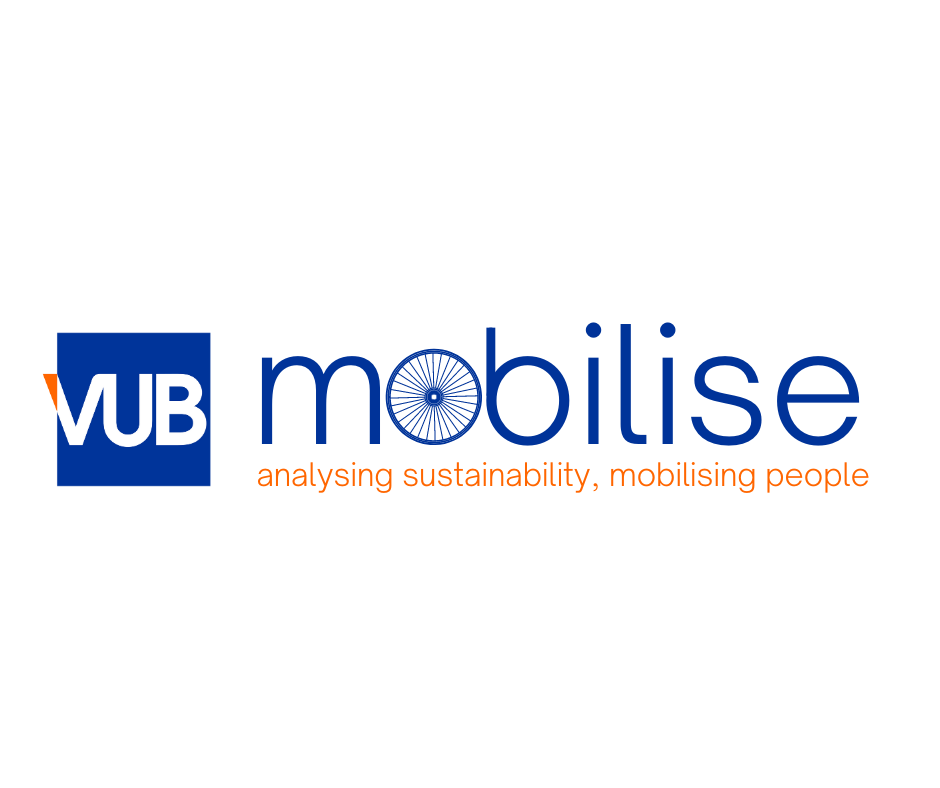Looper project - Model - Scoping
Scoping
Next step: data collection
The scoping stage serves to identify 'who, what and why', i.e. the relevant communities and the priority problems that affect them. The Lab team reaches out to local residents and other stakeholders and attempts to engage them in a process of deliberation about key problems in the public realm of the designated area. In reality, problems are often mixed together with ideas, visions and opportunities. The role of the Living Lab team (coordinators/researchers/enablers), includes:
- Framing of problems and opportunities, from the very general to specific local issues which can be addressed, i.e. monitored and evaluated for priority.
- Social engagement, which explores how surface-level problems (e.g. low quality green space) are often symptoms of deeper problems (e.g. structural inequality, or displacement by gentrification)
Relevant deliverable: D4.1 Implementation handbook for the urban living labs (2.22 MB) "pdf"
A list of the problems identified should be included along with comments about any difficulties or conflicts that emerged in the deliberation process and how these were, or were not, resolved.


